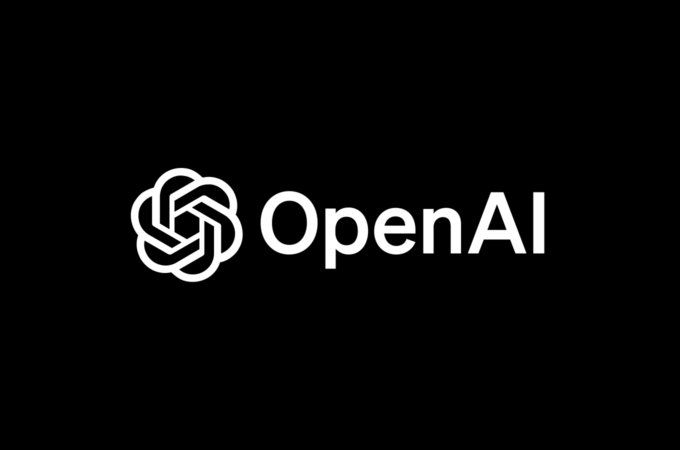
OpenAI and Anthropic Partner with U.S. AI Safety Institute for Pre-Release Model Testing
In a significant move towards enhancing AI safety and transparency, leading artificial intelligence companies OpenAI and Anthropic have entered into agreements with the U.S. AI Safety Institute to allow pre-release testing and evaluation of their new AI models. This collaboration, announced on Thursday, marks a pivotal step in the ongoing efforts to ensure responsible AI development and deployment.
The U.S. AI Safety Institute, housed within the Department of Commerce’s National Institute of Standards and Technology (NIST), will gain access to major new models from both companies before and after their public release. This arrangement aims to facilitate collaborative research on evaluating capabilities, identifying potential risks, and developing mitigation strategies.
Elizabeth Kelly, director of the U.S. AI Safety Institute, emphasized the importance of this partnership, stating, “These agreements are just the start, but they are an important milestone as we work to help responsibly steward the future of AI.” The institute plans to provide feedback on potential safety improvements to the companies’ models, working closely with its counterpart, the U.K. AI Safety Institute.
This initiative aligns with the Biden-Harris administration’s 2023 Executive Order on AI, which called for advancing the safe, secure, and trustworthy development of artificial intelligence. It also builds upon voluntary commitments previously made by leading AI model developers to the administration.
Jason Kwon, OpenAI’s Chief Strategy Officer, expressed strong support for the institute’s mission, highlighting its potential to define U.S. leadership in responsible AI development. Similarly, Jack Clark, Anthropic’s co-founder and Head of Policy, stated that the collaboration would strengthen their ability to identify and mitigate risks, advancing responsible AI development.
The agreements come at a crucial time when AI companies face increasing scrutiny from governments and lawmakers over the safety and ethical implications of their technologies. Recently, California lawmakers passed a controversial AI safety bill, SB 1047, which, if signed into law, would require AI companies in the state to implement specific safety measures before training advanced foundation models.
While these agreements represent a voluntary step towards increased transparency and safety in AI development, they also raise questions about the balance between innovation and regulation in the rapidly evolving AI landscape. As the field continues to advance, the outcomes of this collaboration between leading AI companies and government institutions will likely play a significant role in shaping future AI policies and standards.
The financial technology sector, which increasingly relies on AI for various applications, will be watching these developments closely. As AI becomes more integral to fintech solutions, ensuring the safety and reliability of these systems will be crucial for maintaining consumer trust and regulatory compliance.





